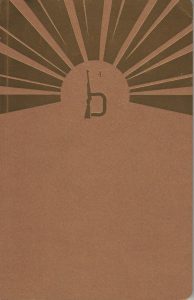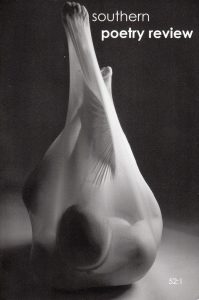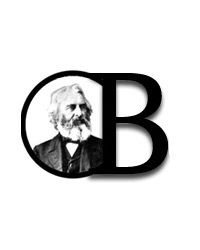Comprehensive New Collection of Louise Glück’s Works
A new collection of the poetry of Louise Glück was released last month from Ecco and Farrar, Straus, and Giroux. Poems 1962 – 2012, at 628 pages, is a clearly comprehensive look at the ouevre of the Pulitzer-Prize-winning poet.
Beginning with Glück’s Firstborn, published in 1968, Poems gathers 11 of her titles in total, ending with 2009’s A Village Life. Included are The Wild Iris (1992), which earned Glück the Pulitzer; Ararat (1990), for which she earned the Rebekah Johnson Bobbitt National Prize for Poetry from the Library of Congress; and 1985’s The Triumph of Achilles, which received the National Book Critics Circle Award, the Boston Globe Literary Press Award, and the Poetry Society of America’s Melville Kane Award. Her list of additional awards is extensive.
Glück’s poetry is devoid of frills, of cloying layers of too-heavy imagery. Instead, her language is sparse and plain, though no less descriptive in its detail:
I look out over the sterile snow.
Under the white birch tree, a wheelbarrow.
The fence behind it mended. On the picnic table,
mounded snow, like the inverted contents of a bowl
whose dome the wind shapes. The wind,
with its impulse to build.
The stripped-down language is deceptive in its simplicity. Glück can draw you in to her quiet world and then deliver a sudden blow:
Late December: my father and I
are going to New York, to the circus.
He holds me
on his shoulders in the bitter wind:
scraps of whitepaper
blow over the railroad ties.
My father liked
to stand like this, to hold me
so he couldn’t see me.
With poetry like this, there is little need for allegory or other traditional techniques. Which is not to say Glück does not use them: 2006’s Averno draws its name from a crater lake near Naples that was regarded by ancient Romans as the entrance to the underworld, and the 18 poems in the book retell the Persephone myth. But regardless of the devices used, Glück’s work remains simple, beautiful, almost hauntingly so; as she says, “I am prepared now to force / clarity upon you.”




